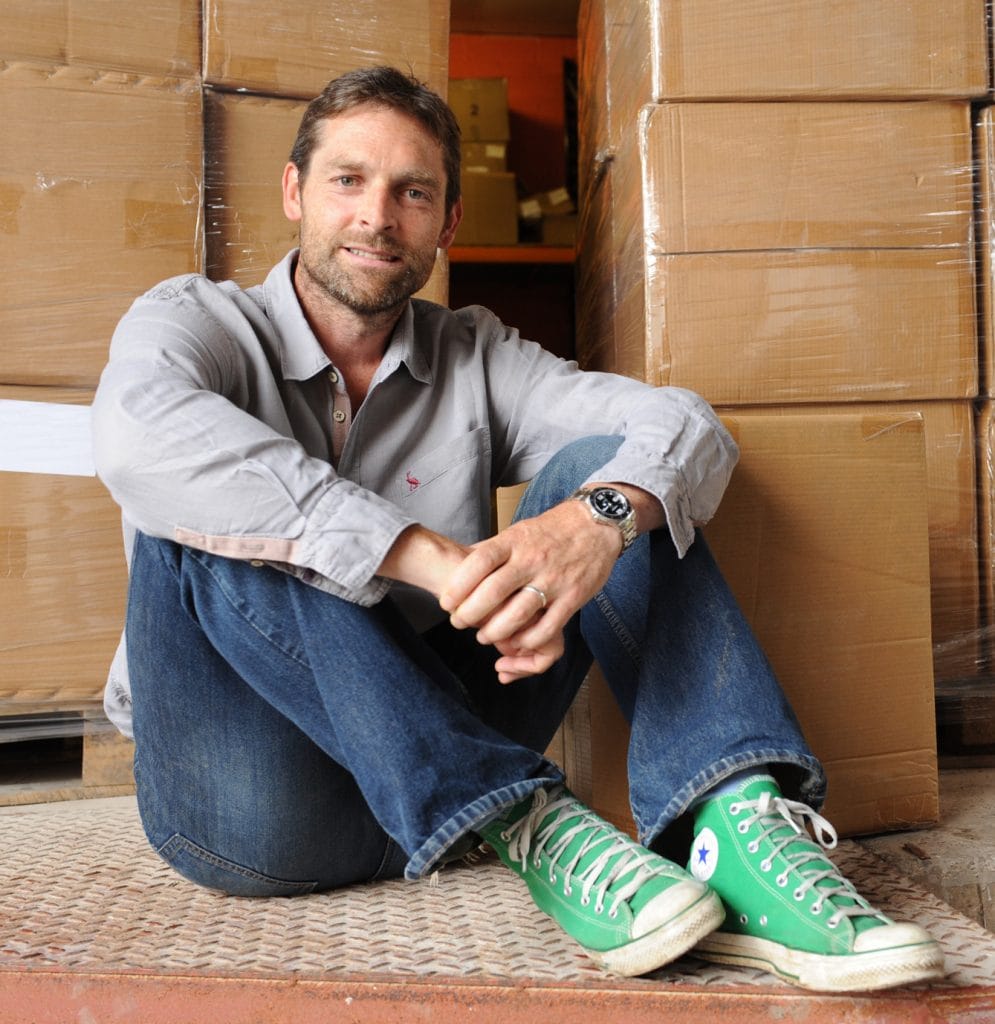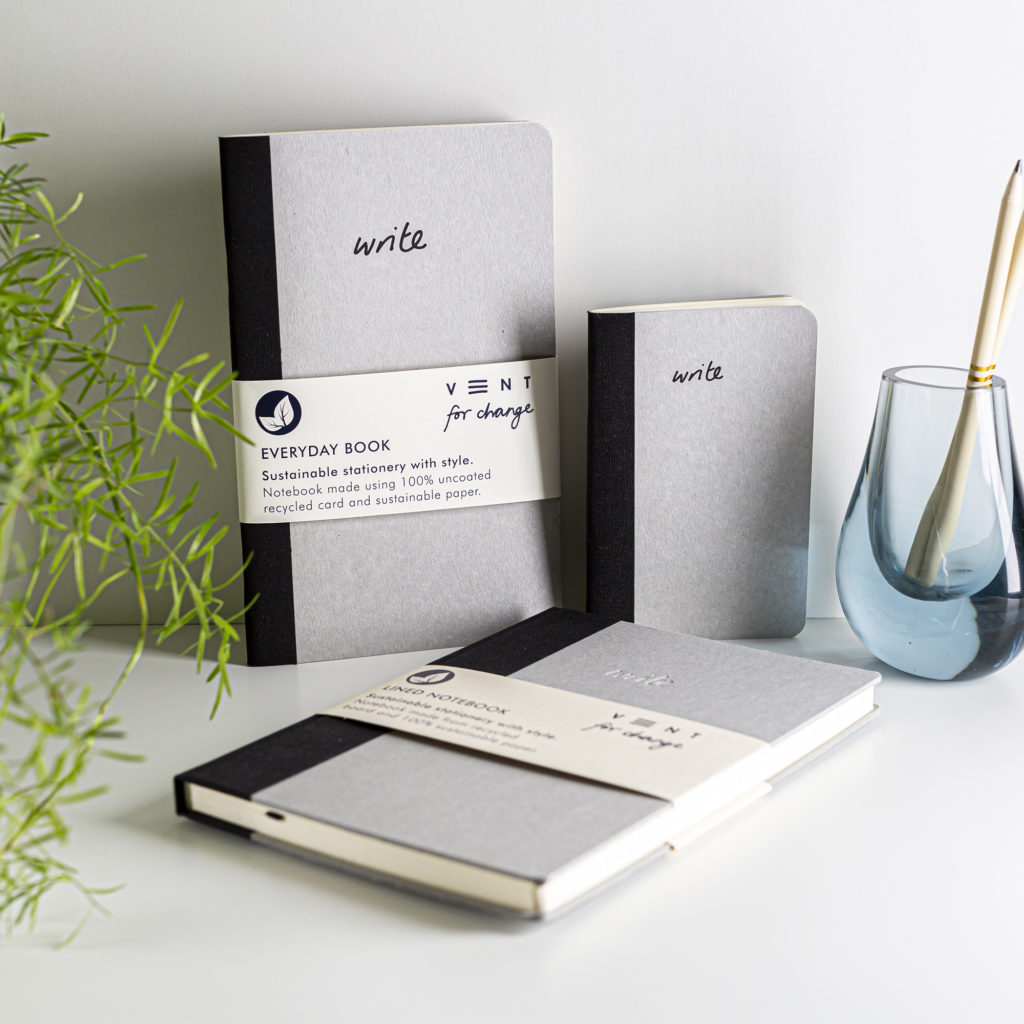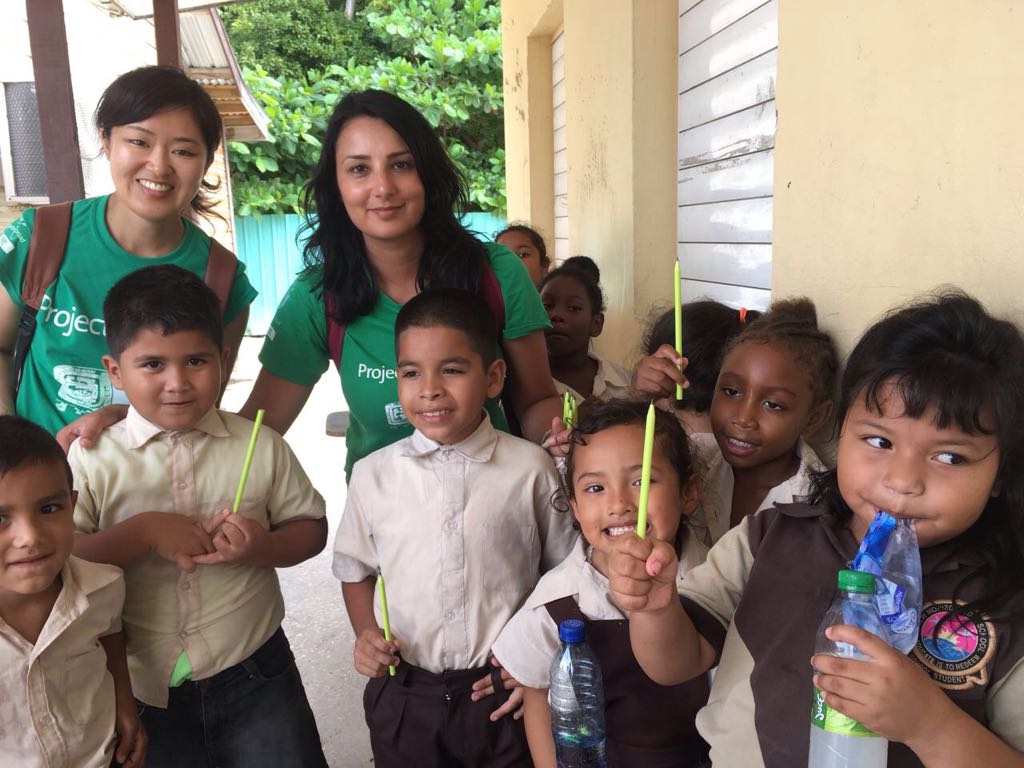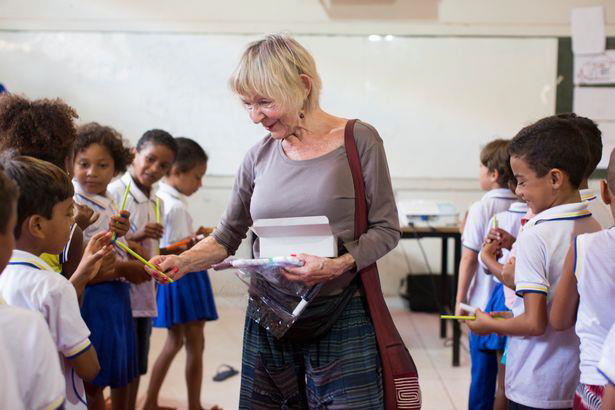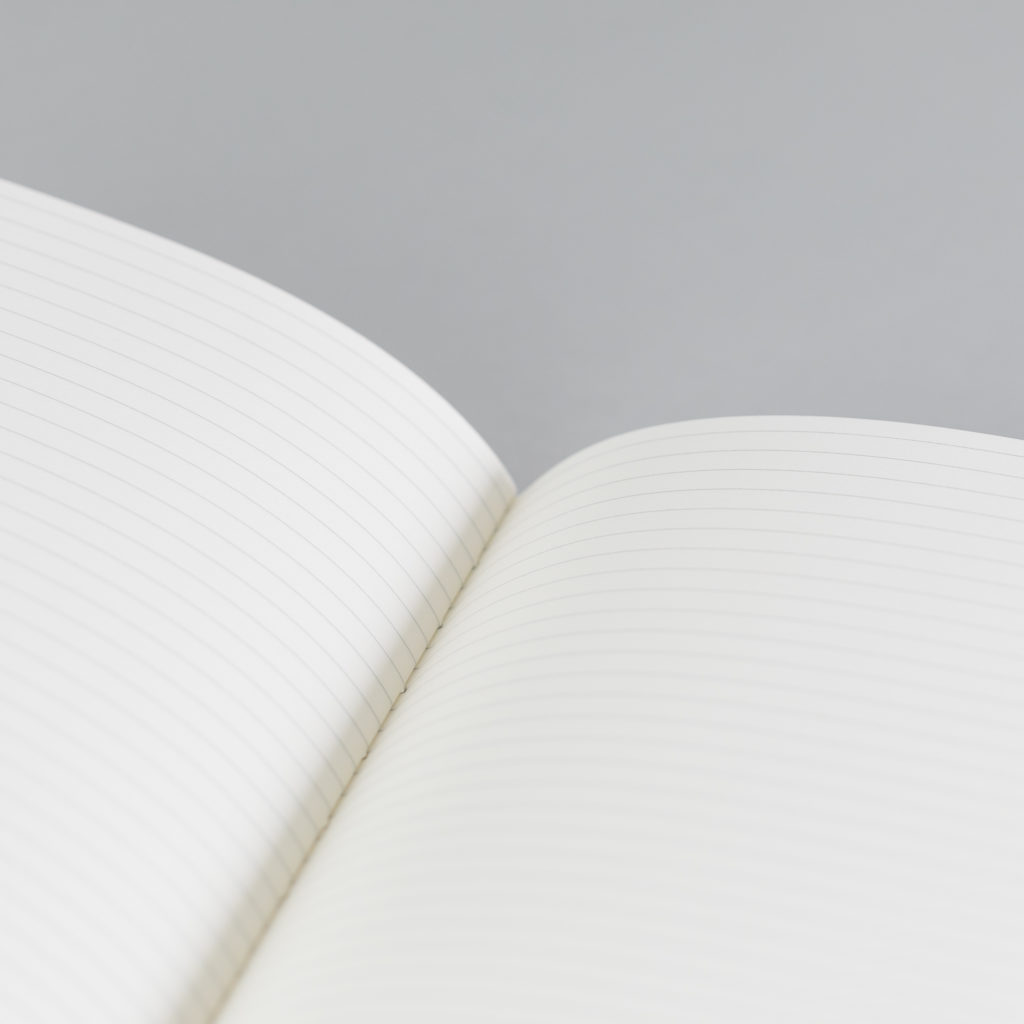Making a mark with Evan Lewis of VENT for Change
18/3/2021
What impact can the humble pencil have in changing the world? It turns out, quite a big one.
Evan Lewis founded stationery social enterprise VENT for Change to make a difference using the surplus pencils his business was creating. Their Ambassador for Change programme sends pencils to volunteers working overseas so they can hand them out in communities that need them. Sometimes it’s all a child needs to access education.
Evan and the brand do good in many more ways than that too. They fund education projects, set up a global education awareness day (that’s Share a Pencil Day – look out for details on a date for 2021) and use recycled, sustainable materials to create their range.
We caught up with Evan to chat about his fascinating career as a green entrepreneur and the good work happening at VENT HQ.
You set up VENT for Change in 2017 but were already an environmental entrepreneur long before that. Can you share a bit about your career up to then and how you came to start a stationery company?
In 1998-99 I helped launch a business producing pencils made from recycled plastic cups. Throughout the year 2000 our factory was located inside the Millennium Dome as a working exhibit showing visitors recycled materials turning into pencils right in front of their eyes.
Unfortunately, the company’s major shareholder was the inventor engineer who’d come up with the concept of the pencil. It was somewhat Heath Robinson and chaotic working there and let’s just say, I felt things could be done differently.
By 2004 I had decided to go it alone. I launched Everything Environmental, a one-stop shop for green promotional merchandise gift solutions with more than 150 items – all ethical, environmentally friendly and sustainably sourced products. The collection ranged from pencils and pens to bags, lanyards, desk accessories and drinkware. Everything was made from eco alternatives to the standard virgin plastic Chinese imports available at the time.
Sadly in 2014, the pencil business I had left in 2004 went into liquidation. The engineers and many of the staff were all in danger of losing their livelihoods and reached out to see if I could help. How could I say no? I bought an aging production line to start producing pencils from recycled CD cases.
By 2016 we’d made many improvements to the machinery and were making many more pencils than we needed for the market we worked in. A million more to be precise. I wanted to do something with them, something inspirational. And this ultimately led to the idea for VENT.
For VENT, protecting the planet and access to education go hand in hand. Would you explain why that is and how the social enterprise side of the business came to be?
The pencil is the most iconic educational tool going back centuries. At the same time that we’d made the improvements to the machinery and had the excess of potential stock, the press was full of countless reports of natural disasters, war and conflicts and rising levels of extreme poverty. All these reports told of how children were being affected and particularly their education.
I contacted NGOs and charities large and small as well as local, national and international, asking if I could gift them some of our pencils. After months of discussions it was clear they appreciated our efforts but what they really needed was not pencils but money. Money to pay for teachers, to rebuild schools, for blackboards and toilets. I decided then to sell the pencils and give from the proceeds made towards existing education projects all around the world.
Tell us about the impact of the education projects you support. Are there any stand-out stories of positive change?
We currently support PLAN international UK who have something in the region of 25 to 30 ongoing projects at any one time. These are varied in their goals but include getting children back to school after Covid-19, teaching women to become teachers and supporting girls through to the end of their education.
Why did you start Share a Pencil Day and how can people get involved with it?
We were supporting children into school all around the world but felt that we needed to engage children in the UK as well. I wanted UK school children to understand some of the reasons why millions of children worldwide were still missing out on the education they deserve. How lucky they were in the UK to have the education system available to them and why it mattered to children who didn’t get to finish their schooling.
It’s entirely free to take part and since 2017 we’ve had more than 200,000 children from over 600 schools take part. On the day they have to share one pencil between two pupils during a special global education day lesson, to understand what school is like when they don’t have all the resources they take for granted.
We adore the design of your products – simple but beautiful. Was it easy to land on this aesthetic for the brand?
I’m not certain we have fallen on a particular aesthetic yet. We’re in the business of beautiful product, sometimes plain and simple, sometimes busy and bright. It has to appeal so people want to buy the items for their look and feel alone – the fact they have a strong backstory is a bonus. What’s in the pipeline won’t necessarily look like any existing VENT item. We use the belly band and simple font logo to draw the range together in store.
Do you have any advice on looking out for greenwashing? How can people know if a brand and their products are really eco-friendly?
I launched my Ambassador for Change and Share a Pencil Day initiatives before we sold a single product. I felt it was important to show our commitment to the education side of our philosophy before the commercial side. Of course, the more we sell the more we can support but it has to be deeply ingrained in what you stand for.
Greenwashing tends to come as an after-thought. If a company is promoting its product and service first and using a cause to help enhance that sale, then they tend to be more commercially led than socially and ethically.
We know you put the planet first at work but how about at home – how do you try to “live green”?
I don’t give myself hard and fast rules, I simply try in every decision to do the right thing, or the best available. Sometimes you cannot avoid a purchase that has more plastic wrapping than you think it should, sometimes there is no alternative. Don’t beat yourself up but when the better option is there take it every time.
Through our thoughtful purchasing and decision making commerce will come around eventually to offering the better alternative. That’s not to say we shouldn’t shout loud when we see disgraceful practices.
Finally, which fellow social enterprise(s) do you think everyone should know about?
I cannot single any one out – thankfully these days there are plenty to choose from. Look local too, supporting those doing their bit in your community.
I should mention two of my current favourites, From Babies With Love does great work socially and has a full range of organic babywear. Equally, Vélosophy is a bike brand that gives a bike for each one sold. They are a Scandinavian brand so may not appeal directly to UK readers but they also use recycled materials to make their bikes. Pretty cool.
Meet more social enterprise founders:

